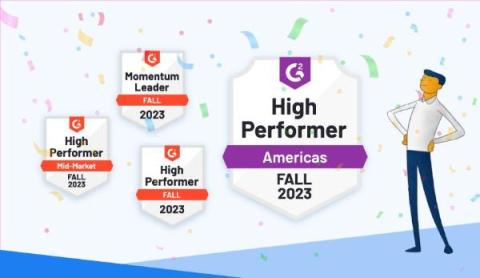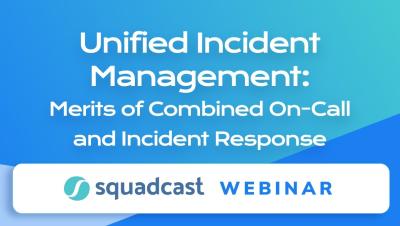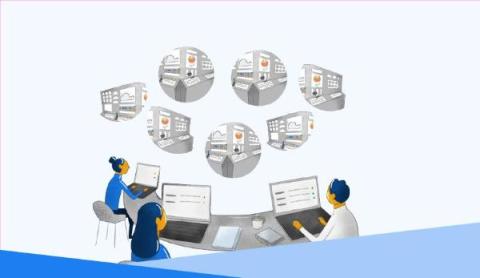G2 Fall Report Positions Squadcast among the leading Incident Management, and IT Alerting Tools
Squadcast established itself as a Momentum Leader and High Performer across different regions in the Incident Management and IT Alerting tool categories. We have solidified our leadership in the Mid Market segment across various regions, this recognition stems from our dedicated customer base.











